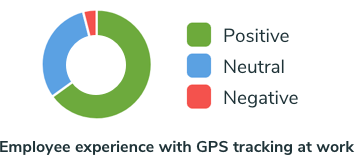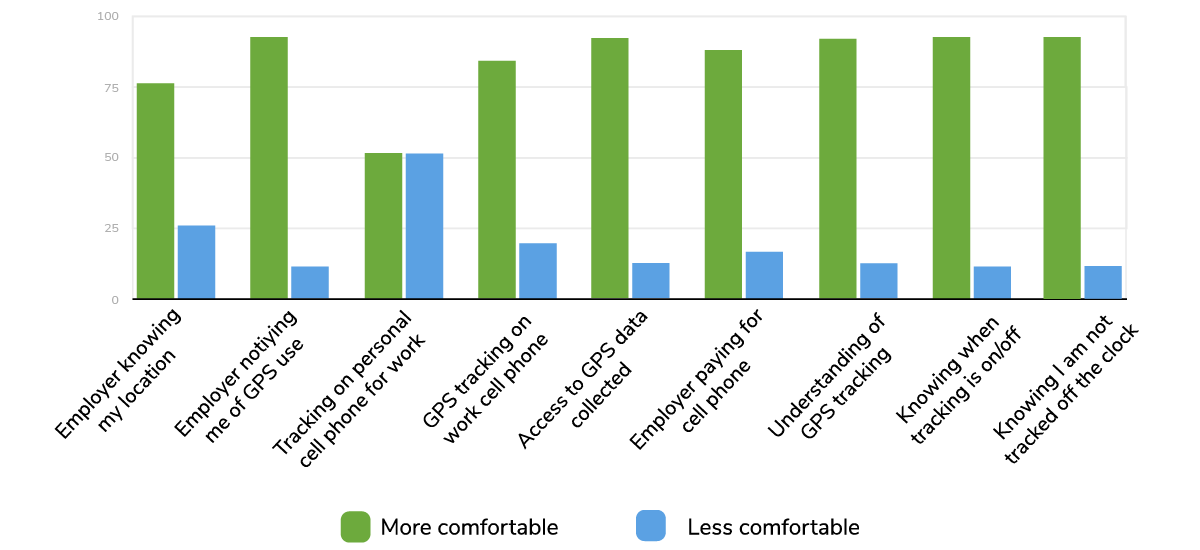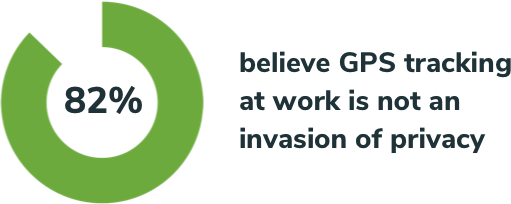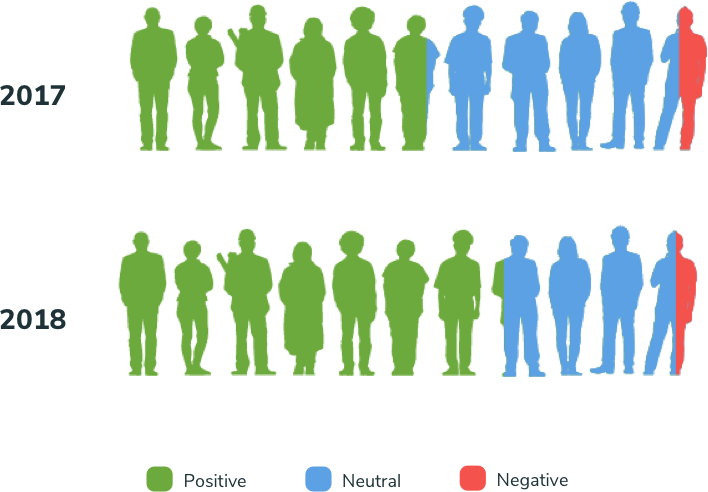GPS tracking is as common in our everyday lives as streaming and social media. Many of the insecurities folks once had about GPS tracking have been quelled over time by the practicality of the technology in so many different areas of daily life, including transportation, communication, and the workplace.
When it comes to implementing GPS on the job site — for project coordination or for real-time insights into where employees are stationed — it’s important to understand employee perceptions of GPS tracking at work. To get some insight, QuickBooks Time commissioned an independent survey of 1,585 employees over the age of 18 throughout the US to learn more about their experiences with workplace GPS tracking.¹










